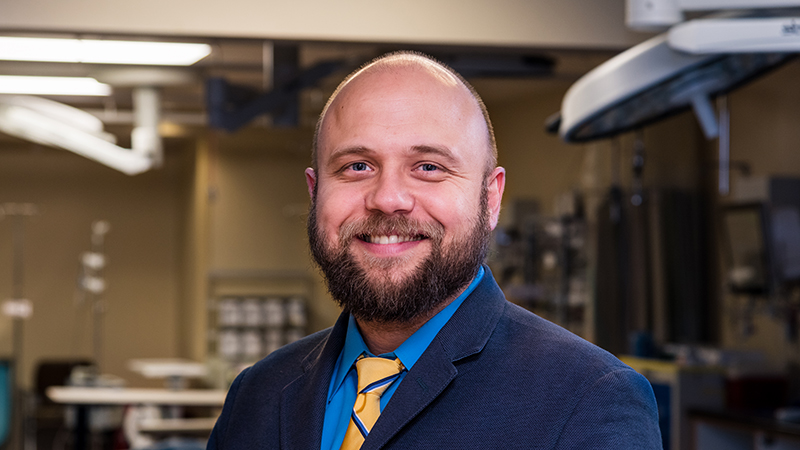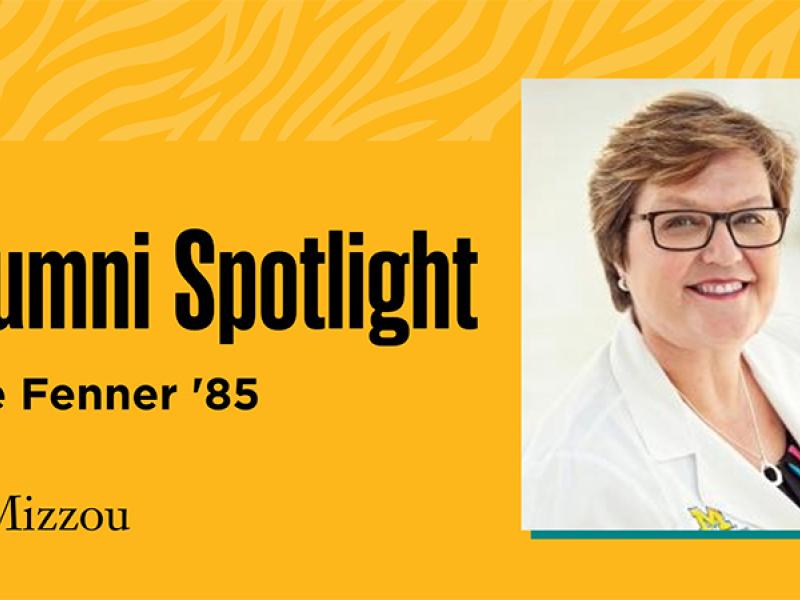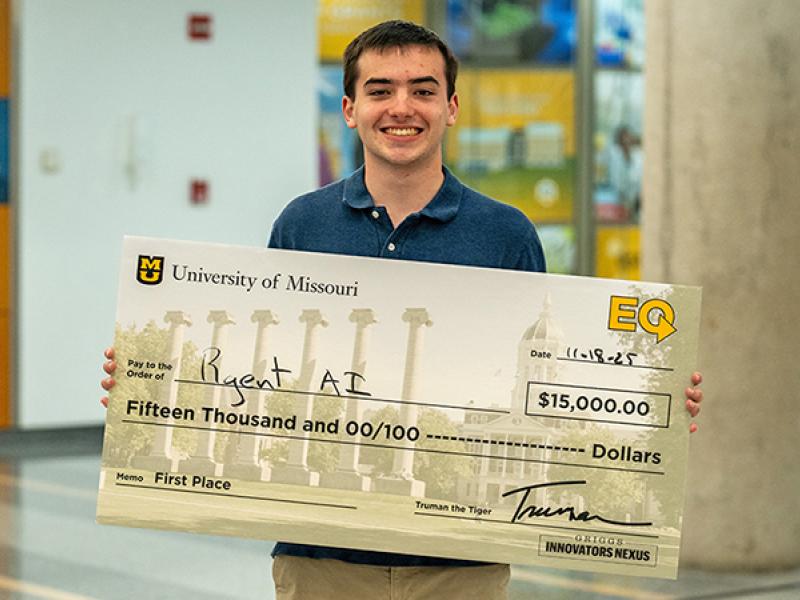
The young man arrived, barely breathing, at SSM Health DePaul Hospital in St. Louis after he crashed his car into a parked dump truck. In the emergency room, Dustin Smith, MD ’09, performed the usual trauma workup, but the man’s scans looked normal.
The patient’s father thought his son had suffered a brain injury. Smith knew an overdose when he saw one. He administered the lowest possible amount of Narcan — a medication that rapidly reverses opioid overdoses — but it was enough to send the patient into immediate withdrawal. He sweated profusely, sat up and vomited while his horrified family watched.
“The dad, who 30 seconds before was questioning my medical judgment and whether his son would have permanent brain damage, turned to me and sternly said, ‘Did you intend for this to happen?’ ” Smith recalled. “It was the biggest gut punch I had ever received in medicine. I walked out of the room. I don’t want to admit I’m hearing voices, but the first thought that came to my mind was, ‘How many times do you have to see this before you do something about it?’ ”
Smith thought back to a building contractor named Mark Puckett he had befriended in St. Joseph, where he spent his first five years as an ER doctor at Mosaic Life Care Medical Center. Puckett lost a son to an overdose. At the funeral, Puckett told Smith he didn’t want his son’s death to be in vain.
Together, Smith and Puckett decided to open a free opioid addiction treatment clinic in St. Joseph. It’s called the St. Kolbe-Puckett Center for Healing. Maximillian Kolbe was a Catholic friar who volunteered to die in place of a fellow prisoner at the Auschwitz concentration camp during World War II. He is the patron saint of addiction sufferers.
The St. Kolbe-Puckett Center for Healing opened in September 2018. It is staffed with a paid clinic manager, a nurse and a counselor along with two volunteer doctors — Smith and Robert Corder, MD, who is a retired OB/GYN in St. Joseph. Through April, more than 100 patients were receiving treatment. The clinic prescribes the anti-opiate medication Suboxone and provides long-term counseling.
“What we’re doing that’s different than other clinics out there is we aren’t charging people any money to come through the door or any money ever to receive access to the care I’m providing,” said Smith, who was honored by the MU School of Medicine with an Outstanding Young Physician Award at its Alumni Awards Ceremony on April 26. “We are allowing people who otherwise would be turned away to get restarted.”
Smith said he decided to make the clinic free to all patients because while 90% of Americans have health insurance, 90% of those suffering with addiction do not.
Smith devotes Wednesdays to seeing clinic patients. He makes the 4½-hour drive from St. Louis to St. Joseph about once a month and conducts telehealth sessions the other weeks. The time he spends seeing patients, providing oversight and fundraising for the clinic makes the St. Kolbe-Puckett Center for Healing an “additional full-time job” to the work he already does at DePaul Hospital.
That schedule might not be sustainable, particularly for a husband and father of three young sons. But Smith hopes that as he gets the word out about the clinic, he will enlist additional volunteer doctors and raise enough money to hire more staff so he can take a lesser role treating patients. For now, he is fueled by his passion to make a difference in the lives of people trapped by addictions.
“It’s easy to continue when you see people come in with five or six things in their drug screen and three months later, they’re employed and taking care of their kids and thanking us for the opportunity after they’ve been turned away at other clinics,” Smith said. “It keeps you going.”
Article Spotlight
Read more stories from MU Medicine Magazine





